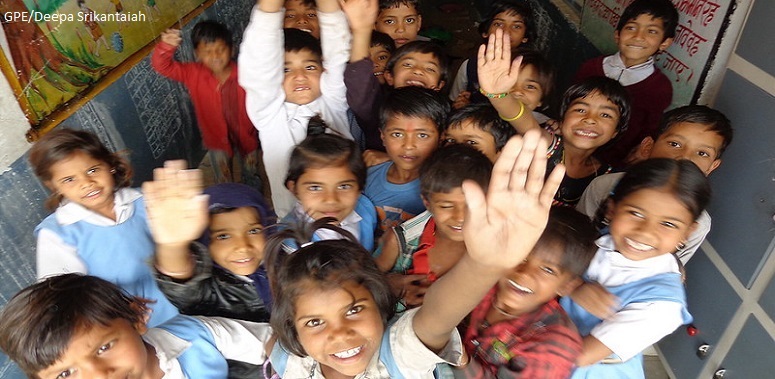Early childhood education in India
Project summary
How do parents navigate an unregulated system, and what are the implications for children’s learning?
This project aims to inform educational policy debates by focusing on the supply, demand and impact of different forms of early childhood education (ECE). The research does this by analysing a mixed-methods longitudinal survey following 12,000 children across the Indian states of Assam, Rajasthan and Telangana. Conducted by ASER Centre and Ambedkar University, with support from UNICEF, the data comprise 12 survey waves carried out between ages 4–9. With household interviews, multiple learning assessments and detailed information on ECE centres, primary schools, villages and households, these data enable unique analysis of conditions in the country with the world’s largest youth population.
Research team
Researchers: Dr Ben Alcott, REAL Centre; Mansi Nanda, PhD candidate, REAL Centre
International Researchers: Dr Suman Bhattacharjea, ASER Centre, India; Dr Manjistha Banerji, National Council of Applied Economic Research, India; Purnima Ramanujan, ASER Centre, India
Duration
November 2016 – November 2017
Funder
British Association for International and Comparative Education (BAICE)
Publications
One step forward, two steps back: transitions between home, pre-primary and primary education in rural India
Alcott, B., Banerji, M., Bhattacharjea, S., Nanda, M. and P. Ramanujan, P. 2018
Compare: A Journal of Comparative and International Education
DOI 10.1080/03057925.2018.1527214
Participation trends in early childhood education programmes: Who goes where and why?
Alcott, B., Bhattacharjea, S., Ramanujan, P. and Nanda, M. 2019
In Early childhood education and school readiness in India (Eds. V. Kaul & S. Bhattacharjea). Singapore: Springer. p. 235-246


